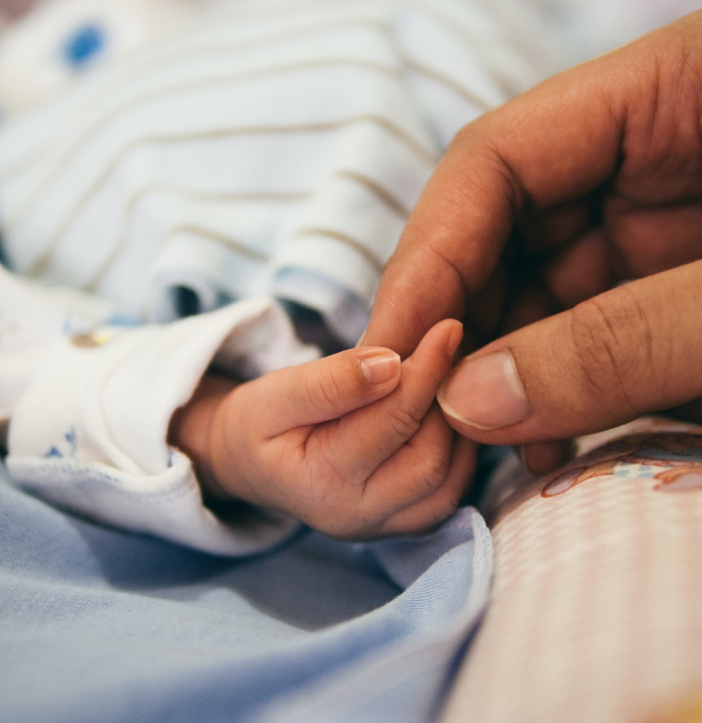MI-S IVF (light stimulation)
IVF (In Vitro Fertilization) with mild stimulation, also known as “IVF minimal stimulation” or “IVF mild stimulation”, is an alternative approach to conventional ovarian stimulation as part of IVF treatment. This method aims to obtain fewer, but higher-quality mature eggs, while reducing the doses of ovarian stimulation drugs. Here are the main steps in IVF with gentle stimulation:
Initial consultation:
As with all IVF, the process begins with an initial consultation with a fertility specialist. You will discuss your medical history, fertility history and available treatment options. Your specialist will assess whether IVF with mild stimulation is right for you.
Gentle ovarian stimulation:
The main difference between IVF with gentle stimulation and conventional IVF lies in the dose of medication used to stimulate the ovaries. Instead of using high doses of medication, you will receive lower doses of ovarian stimulation agents, such as oral medications or low-dose injections. The goal is to promote the growth of a few quality follicles rather than aiming for intensive ovarian stimulation.
The steps involved in monitoring ovarian response, egg retrieval, fertilization, development and embryo transfer are identical to those for conventional IVF.
IVF with gentle stimulation offers certain potential advantages, such as reduced side effects associated with intense ovarian stimulation and lower drug costs. However, it should be noted that this approach may not be suitable for all cases and may result in a reduced number of mature eggs available. Your fertility specialist will be able to guide you on the most appropriate approach for your situation.

